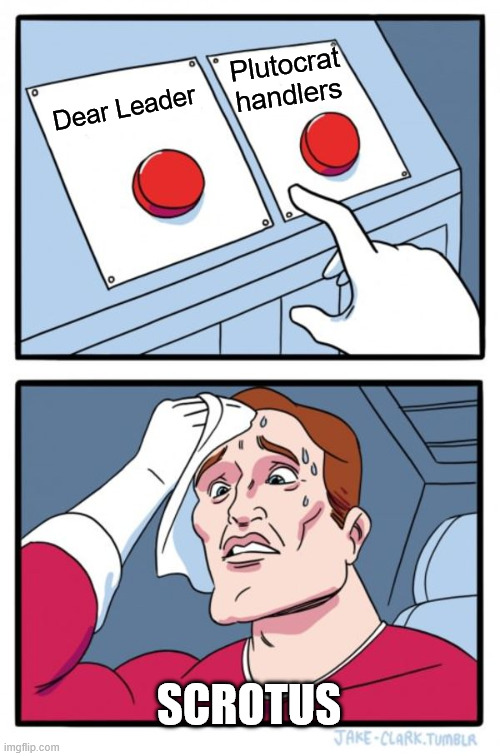On Wednesday, the Supreme Court will hear oral arguments over President Donald Trump’s decision to impose tariffs on almost every nation on earth, in ever-changing amounts, whenever he feels like it. Legally, this is a case about any number of complicated questions and legal doctrines, including the president’s ability to declare emergencies under the International Economic Emergency Powers Act, the court’s novel major questions doctrine, its dormant non-delegation doctrine, the proper venue for challenging the tariffs, and the proper statutory interpretation of IEEPA.
But these questions will almost certainly be window-dressing on a decision driven by how Chief Justice John Roberts and the other five Republican appointees navigate between the two stakeholders in this case: the powerful billionaires and business interests behind the challenge to the tariffs and Trump’s desire to transform the economy into an arm of his personalist rule.
“Trying to interpret or anticipate what’s going to happen in cases involving Trump inside the four corners of legal reasoning will fail, and hasn’t really explained almost anything the Robert’s court [has done] for the last 20 years,” says Michael Podhorzer, the former political director of the AFL-CIO. “Instead, if you step back and think about the interests that elevated the six of them to the court, then that is really very clarifying.”
 5·13 hours ago
5·13 hours ago


